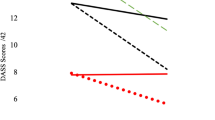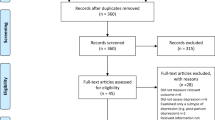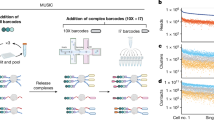Abstract
DURING a study of chromosome abnormalities in five patients treated with d-lysergic acid diethylamide (LSD) we examined thirty patients in a mental hospital and ten hospital staff members as controls. The frequency of gaps was significantly higher in the thirty patients than in the staff members group (χ2 = 6.859, P < 0.01). When we divided the control group of patients into those treated with drugs and those not treated with drugs, we found that the frequency of gaps and breaks in the group treated with drugs was significantly higher than in the group of patients not treated with drugs (χ2 = 10.399, P < 0.005, P(Fisher) = 0.037, Table 1).
This is a preview of subscription content, access via your institution
Access options
Subscribe to this journal
Receive 51 print issues and online access
$199.00 per year
only $3.90 per issue
Buy this article
- Purchase on Springer Link
- Instant access to full article PDF
Prices may be subject to local taxes which are calculated during checkout
Similar content being viewed by others
Author information
Authors and Affiliations
Rights and permissions
About this article
Cite this article
NIELSEN, J., FRIEDRICH, U. & TSUBOI, T. Chromosome Abnormalities and Psychotropic Drugs. Nature 218, 488–489 (1968). https://doi.org/10.1038/218488b0
Received:
Published:
Issue Date:
DOI: https://doi.org/10.1038/218488b0
This article is cited by
-
Spontaneous chromosome aberrations in human somatic cells
Humangenetik (1972)
Comments
By submitting a comment you agree to abide by our Terms and Community Guidelines. If you find something abusive or that does not comply with our terms or guidelines please flag it as inappropriate.



